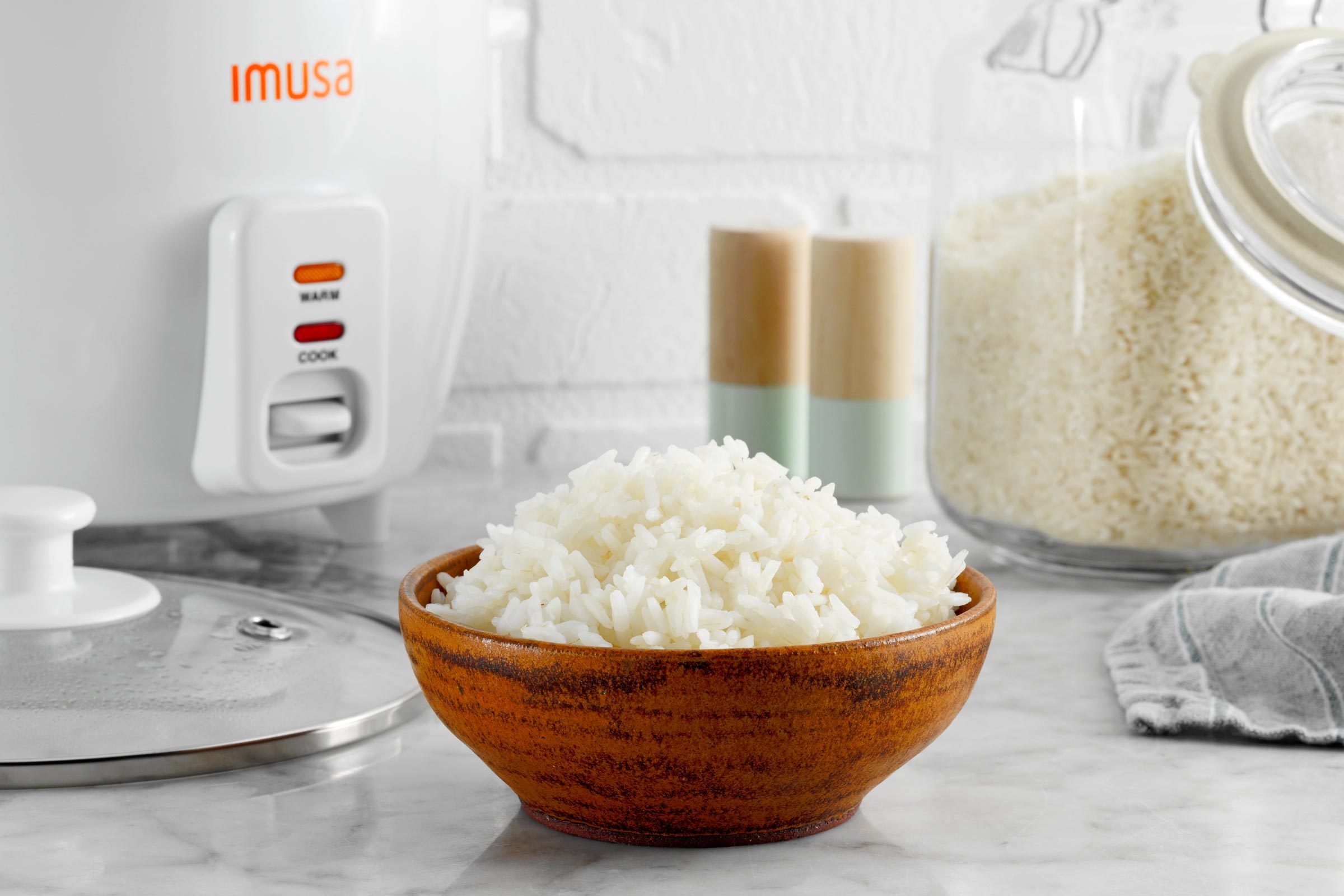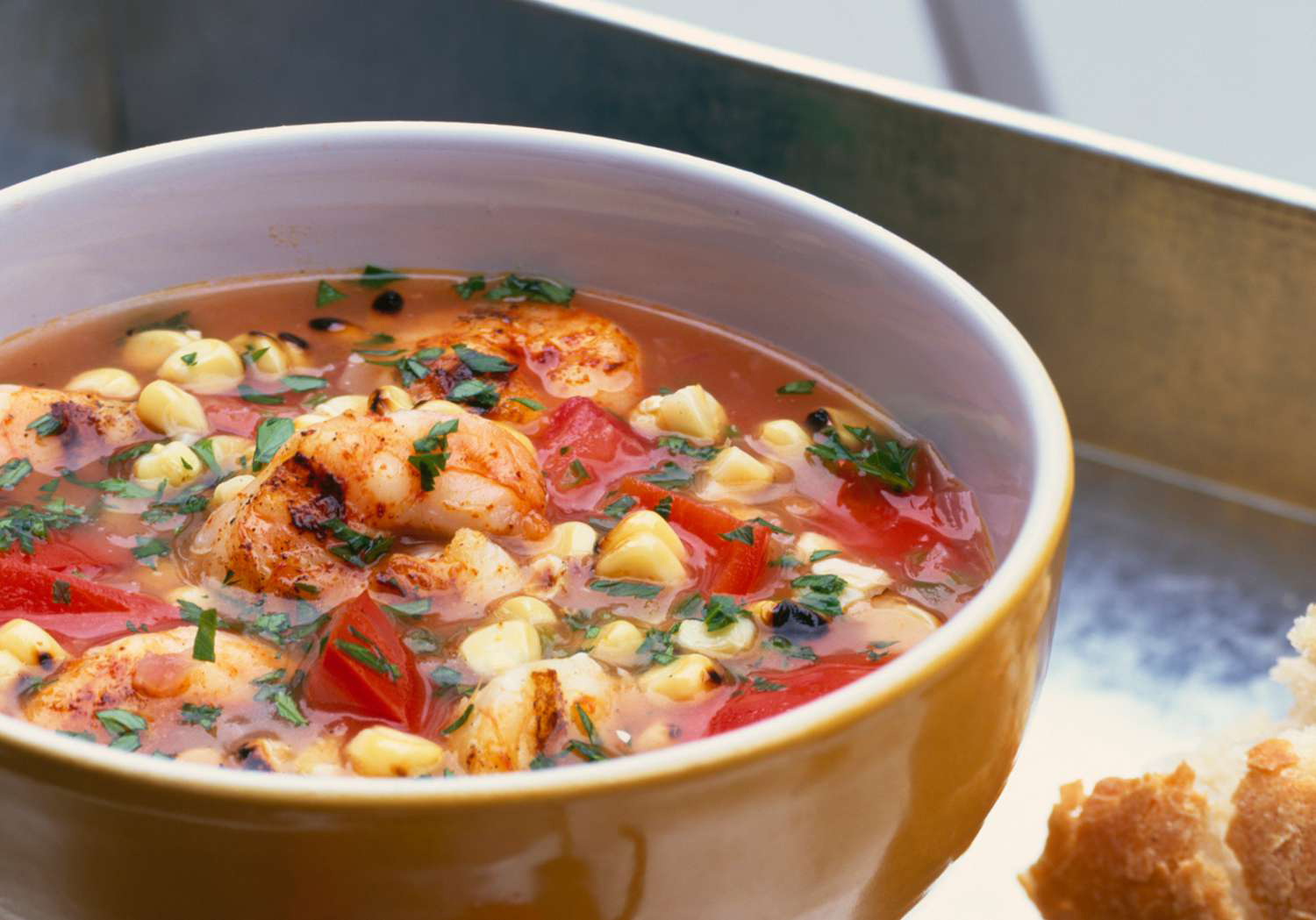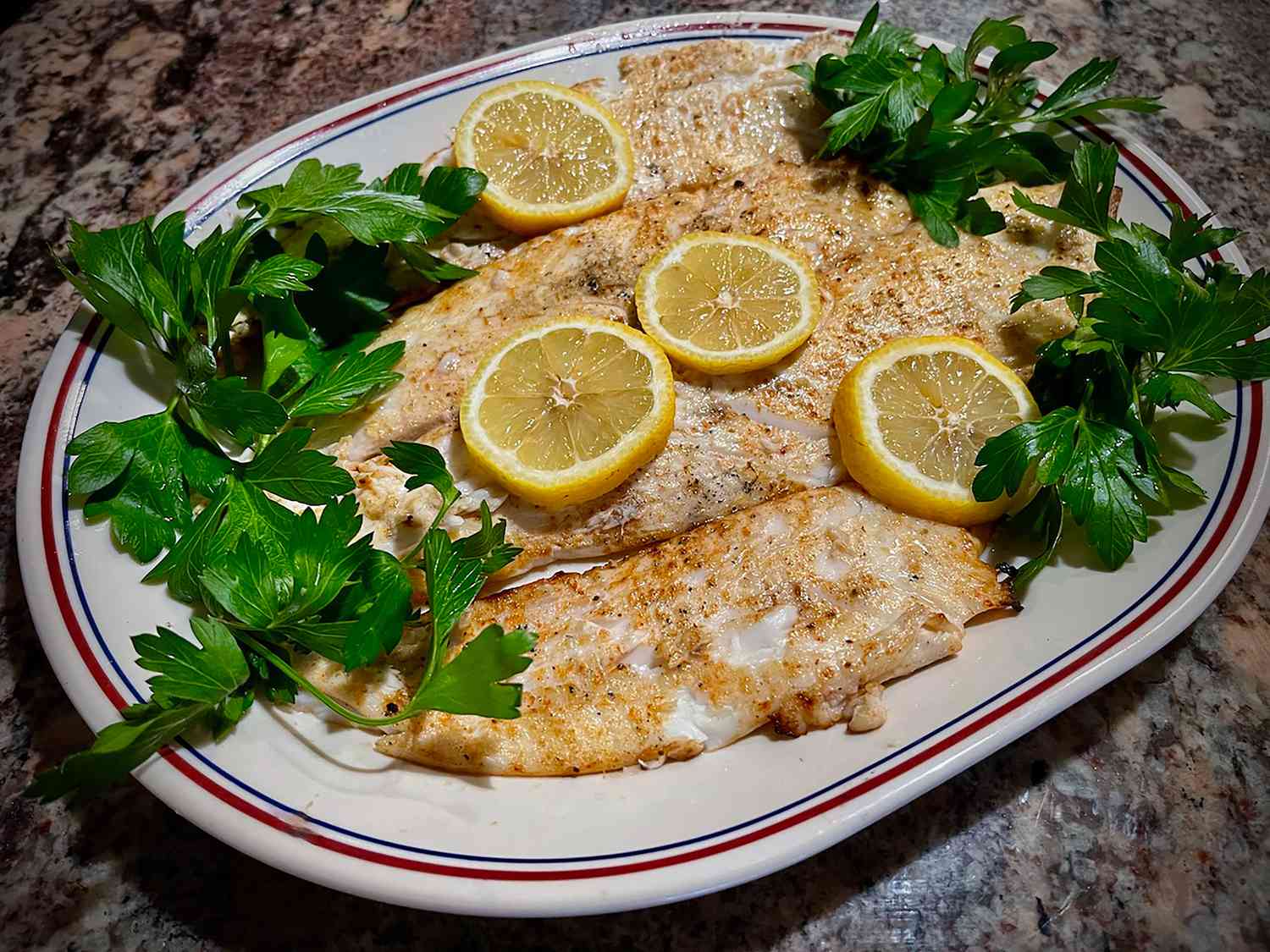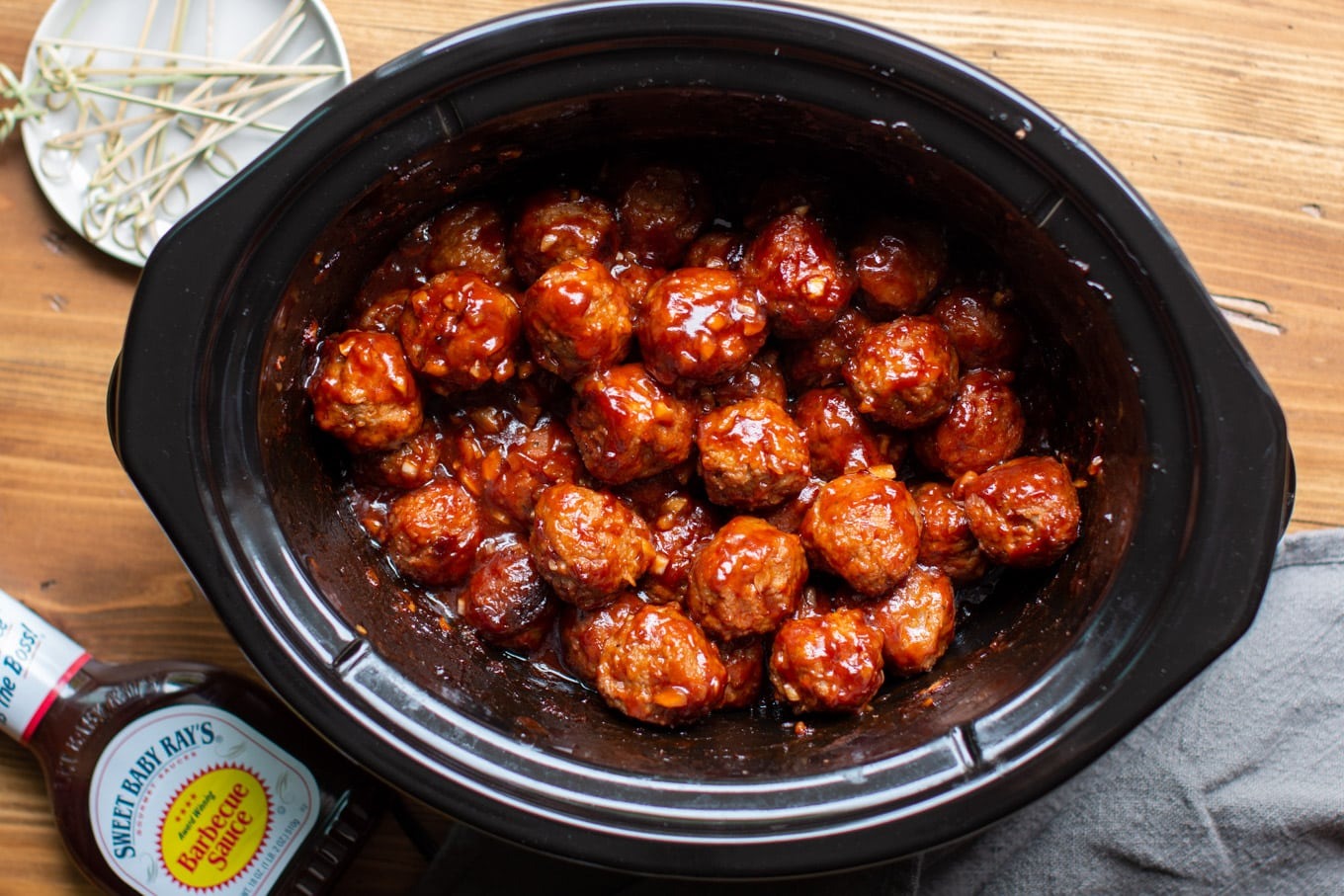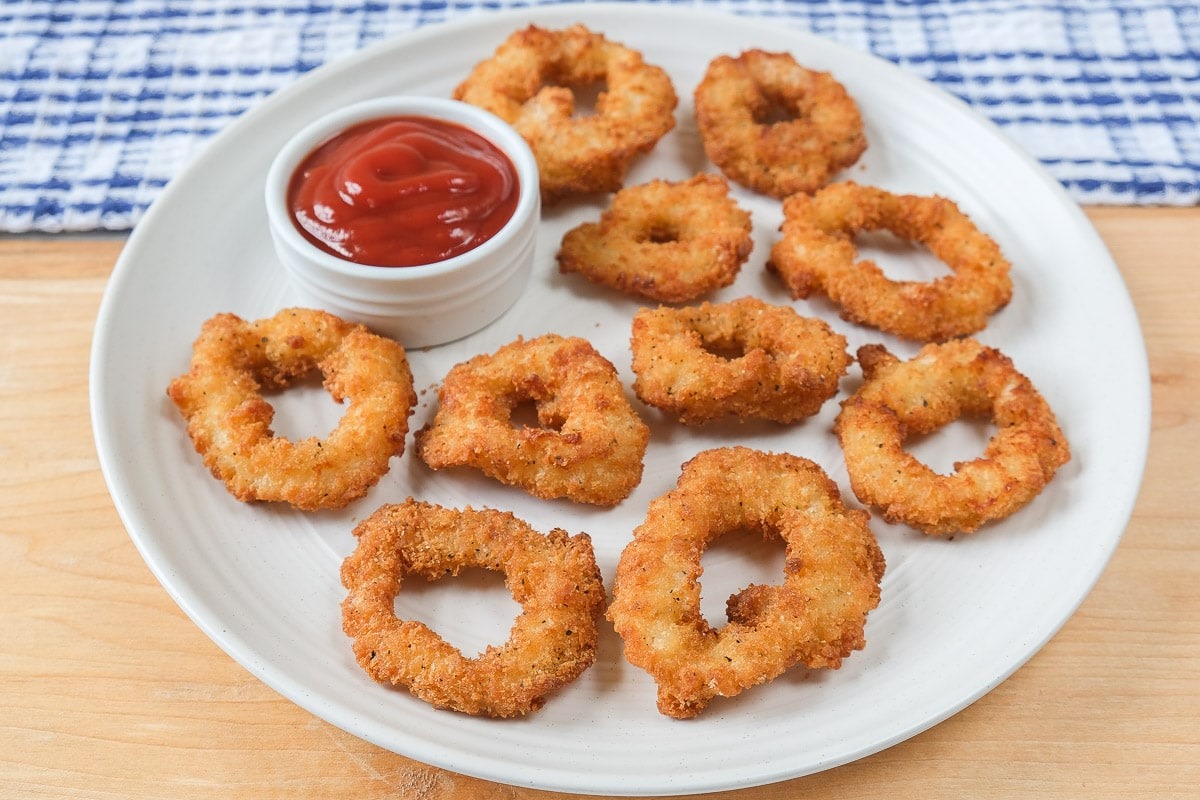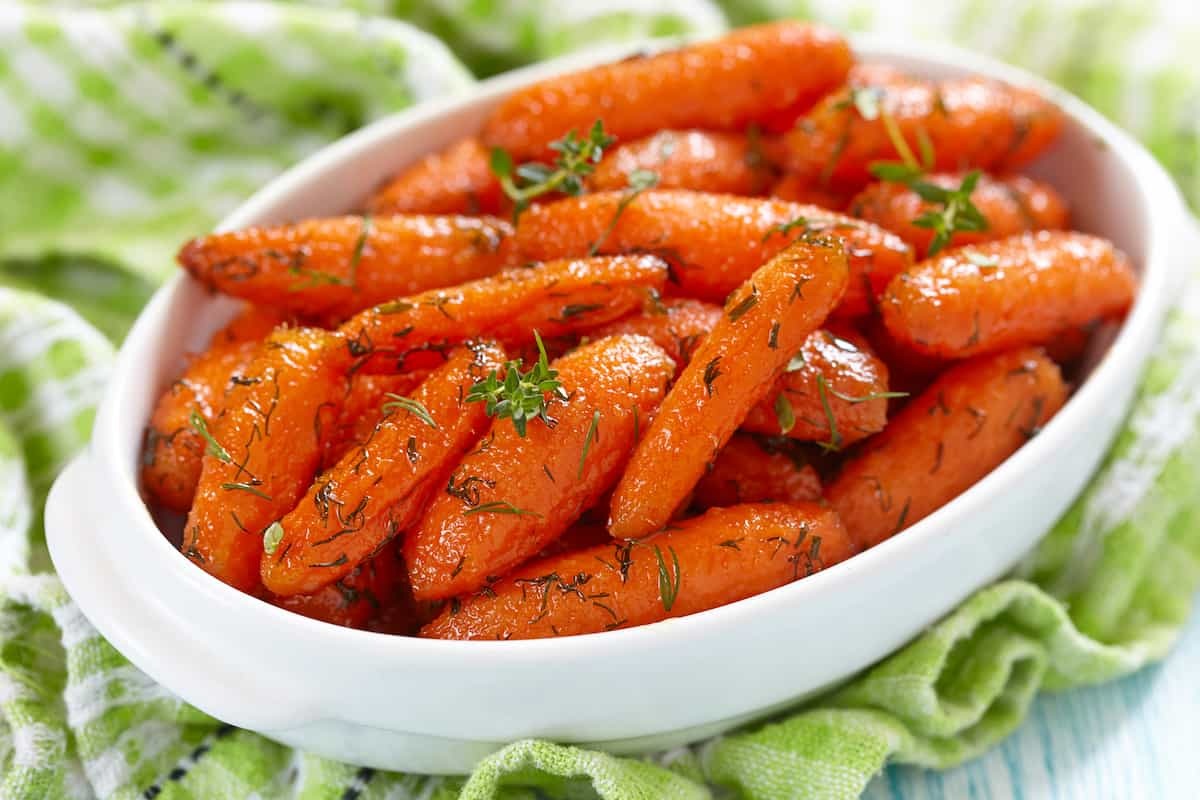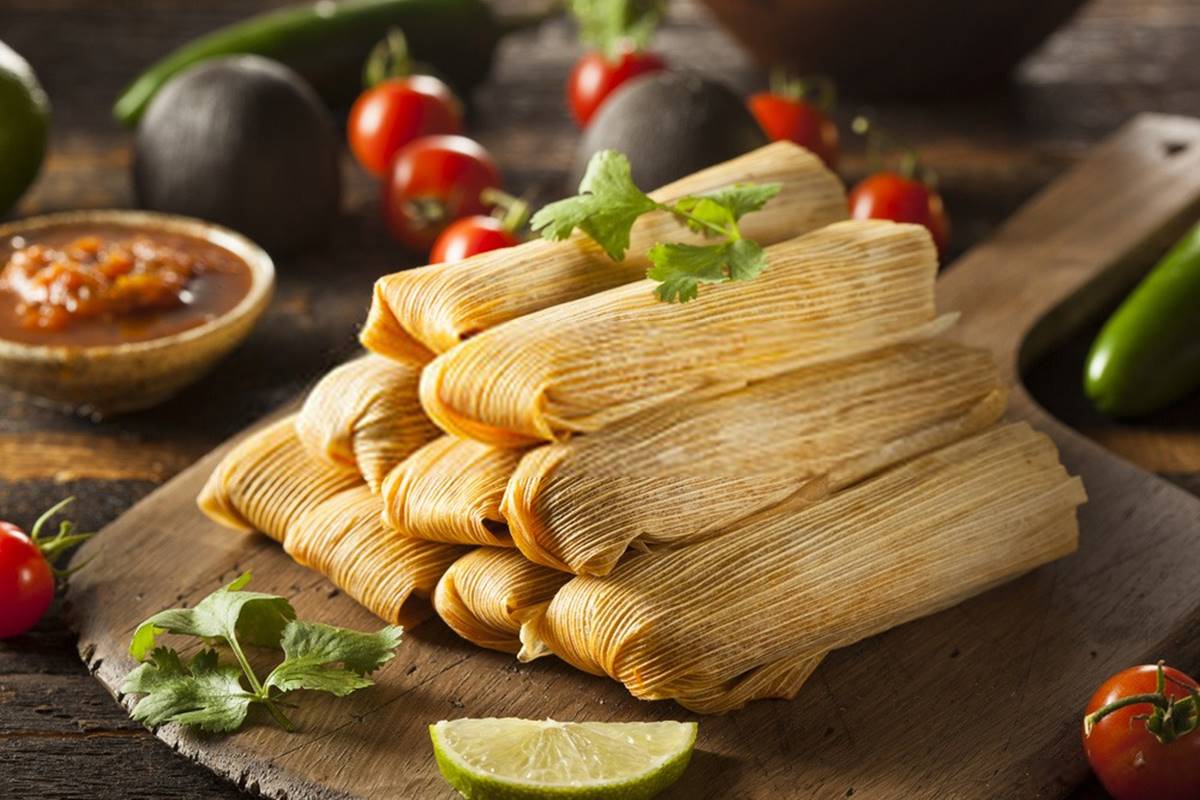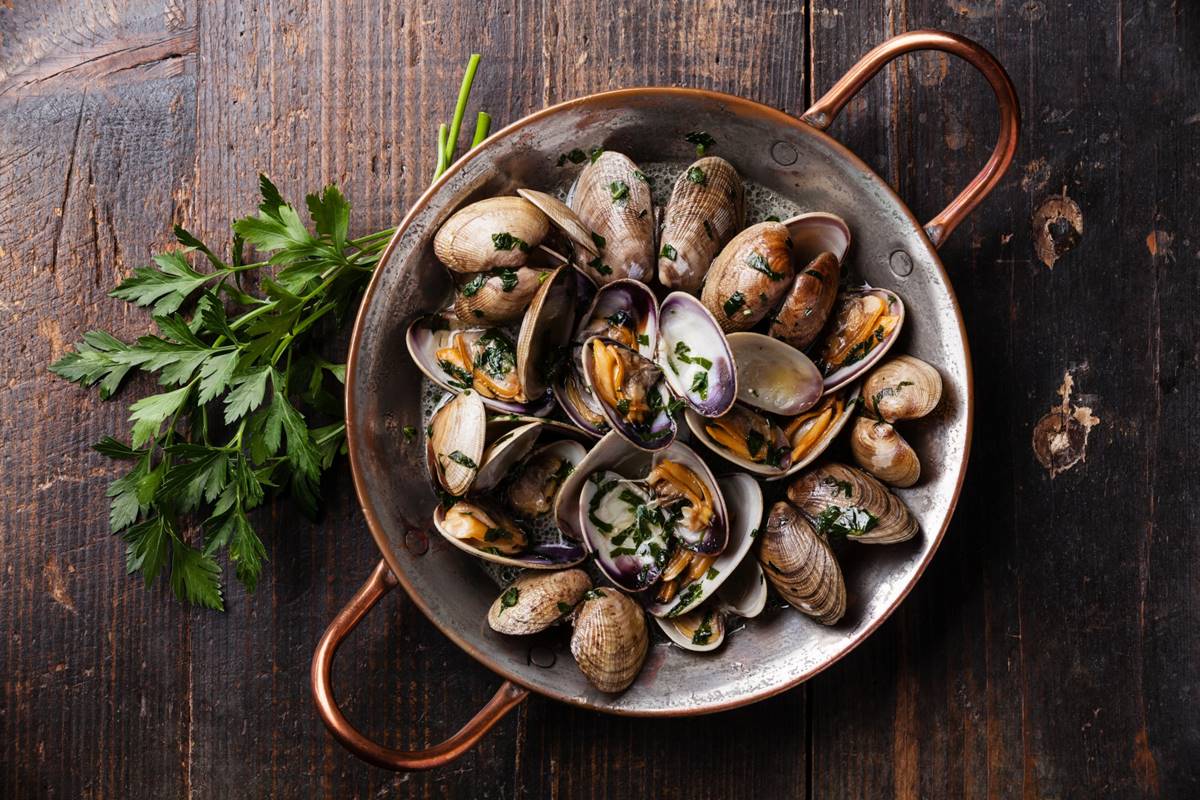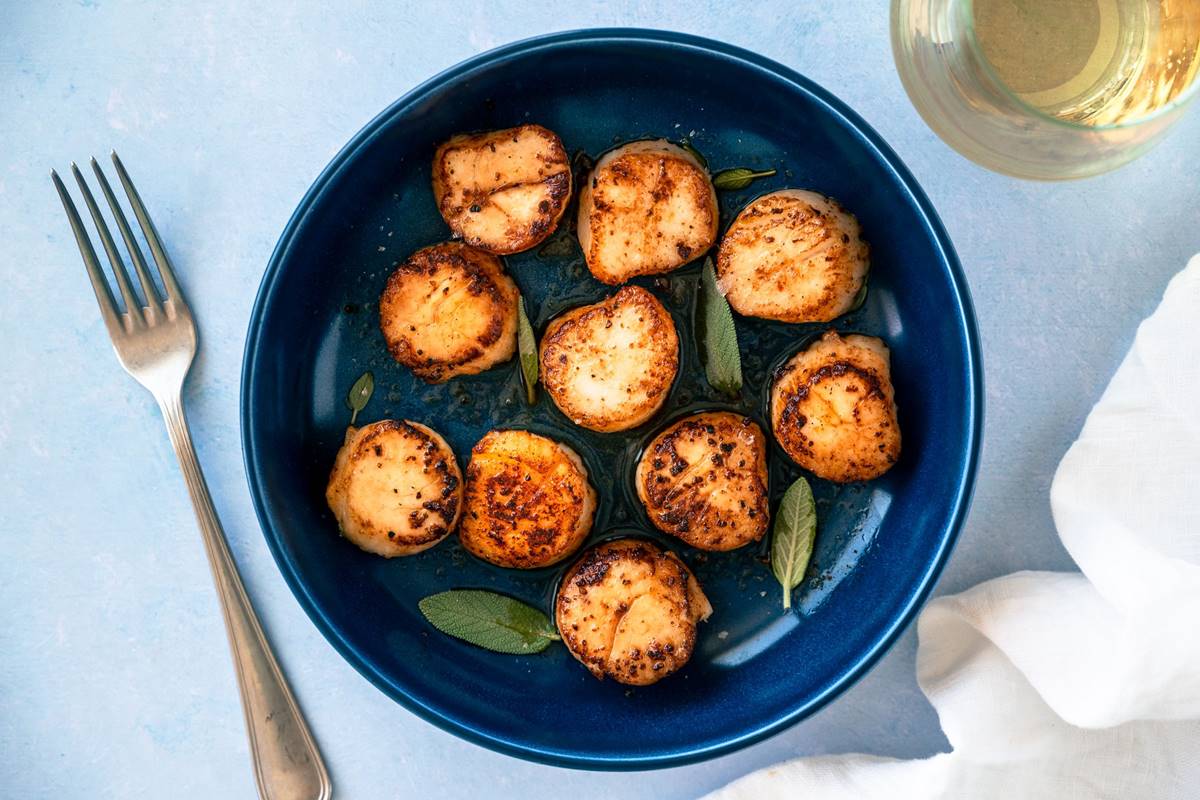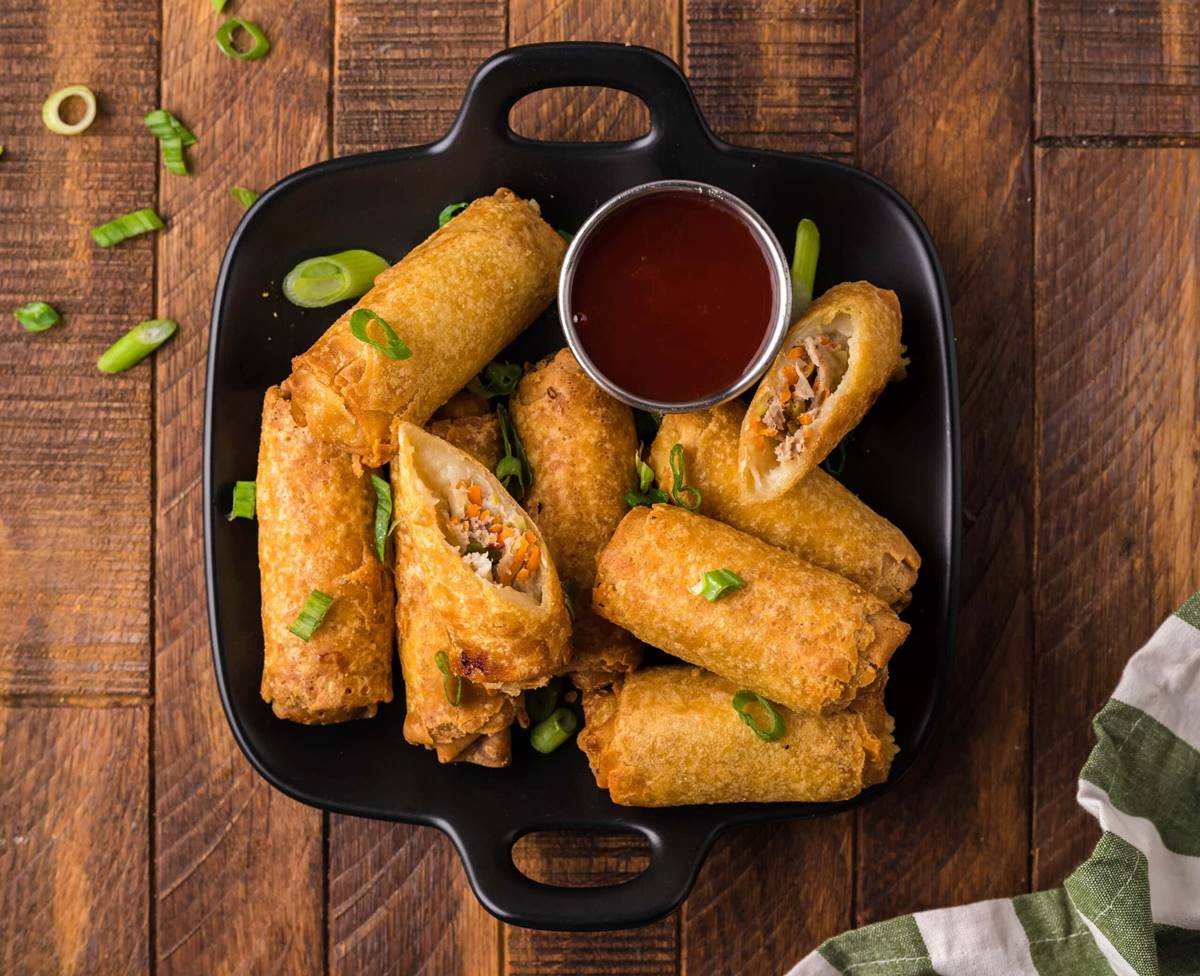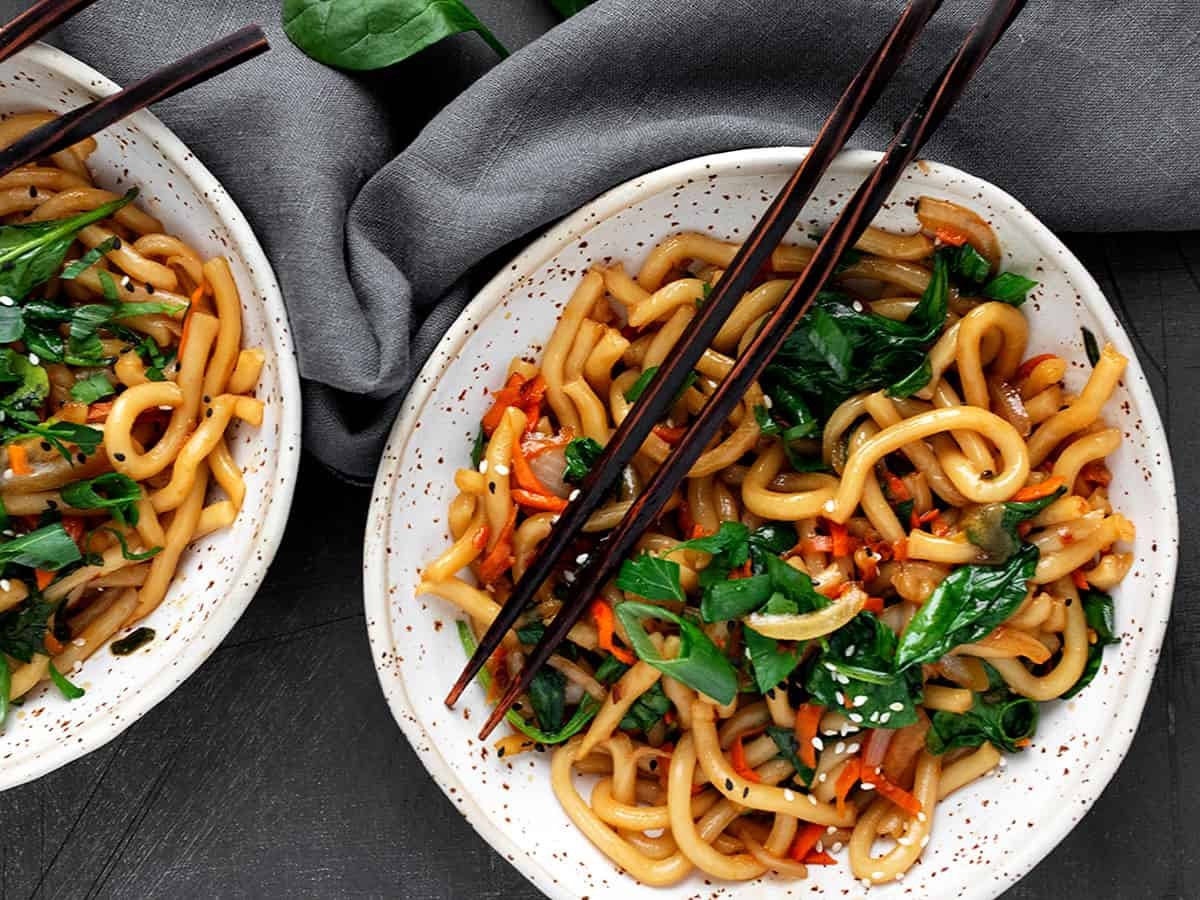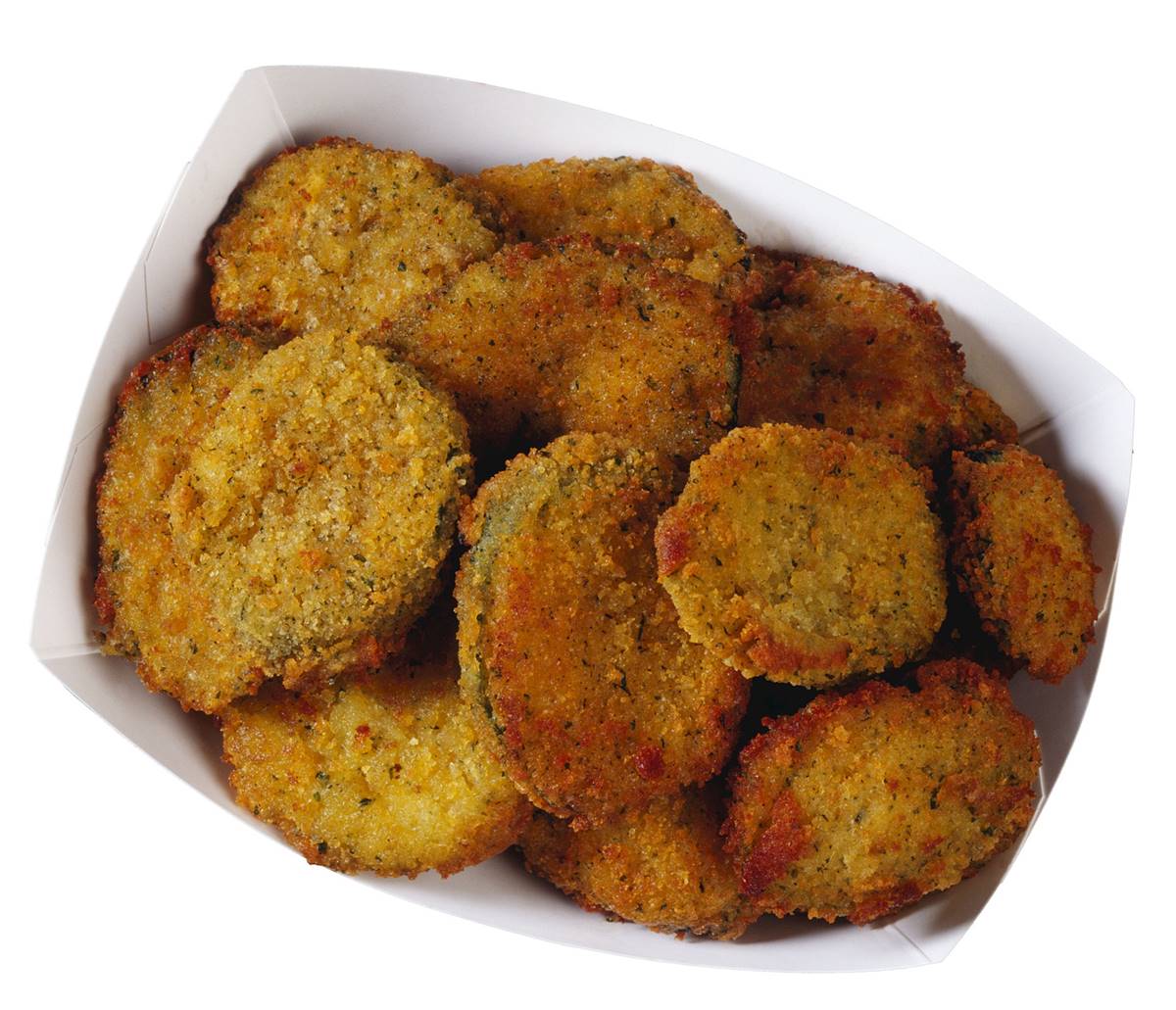How To Cook Frozen Pasta
Are you in a rush and need a quick and easy meal? Look no further than frozen pasta! Whether you have a bag of frozen ravioli, tortellini, or spaghetti, you can whip up a delicious and satisfying meal in no time. In this blog post, we’ll guide you through the simple steps of cooking frozen pasta to perfection.
1. Choose the Right Pasta
There are many varieties of frozen pasta available, so it’s important to choose the right one for your desired dish. Whether you’re in the mood for a cheesy baked pasta or a simple pasta with sauce, make sure to read the packaging to find the perfect match.
2. Boil Water
Just like cooking fresh pasta, you’ll need a pot of boiling water to cook your frozen pasta. Fill a large pot with water and add a pinch of salt. Bring it to a rolling boil.
3. Add the Frozen Pasta
- For long pasta (spaghetti, linguine): Carefully separate the frozen strands and add them to the boiling water. Let them cook for the recommended time on the package, usually around 8-10 minutes.
- For filled pasta (ravioli, tortellini): Gently drop the frozen pasta into the boiling water. Let them cook for the recommended time, typically 4-6 minutes, or until they float to the top.
4. Cook the Pasta
While the frozen pasta is cooking, keep an eye on it to prevent overcooking. Stir occasionally to ensure even cooking, especially for long pasta like spaghetti. Taste a piece to check if it’s al dente, which means it should be firm but not too soft.
5. Drain and Serve
Once the frozen pasta is cooked to your desired texture, it’s time to drain it. Using a colander, carefully pour the pasta into it, allowing the water to drain away. Shake off any excess water and transfer the pasta to a serving dish.
Now comes the fun part – adding your favorite sauce and toppings! Whether you opt for a classic marinara sauce, a creamy alfredo, or a rich pesto, toss the cooked frozen pasta in your sauce of choice until it’s well-coated. Don’t forget to sprinkle some grated cheese, herbs, or even some sliced olives on top for an extra burst of flavor.
6. Enjoy!
Finally, it’s time to dig in and savor your delicious homemade frozen pasta dish. Gather around the table, grab a fork, and enjoy the convenience and taste of your quick and easy meal.
Remember, frozen pasta is a versatile and time-saving option that can come to your rescue on busy days or when you crave a comforting plate of pasta. With these simple steps, you can cook frozen pasta like a pro and satisfy your pasta cravings effortlessly. So, take advantage of your freezer and cook up a delectable frozen pasta dish tonight!
Explore More Delicious Recipes and Uses for Frozen Pasta
Once you've mastered the art of cooking frozen pasta, a world of delicious, convenient meals awaits. Recipes like Explore Cheesy Ravioli Bake and Try Spicy Tortellini Skillet are perfect for those looking to add a little zest to their weeknight dinners. For a lighter fare, the Discover Mediterranean Orzo Salad is refreshing and packed with flavor. I highly recommend trying the Make Garlic Butter Linguine for its simple yet profound flavors, ensuring a delightful meal with minimal fuss. Each of these recipes utilizes frozen pasta innovatively, providing you with quick, scrumptious options that save time without compromising on taste.
Was this page helpful?
Read Next: How To Cook Frozen Ribs
